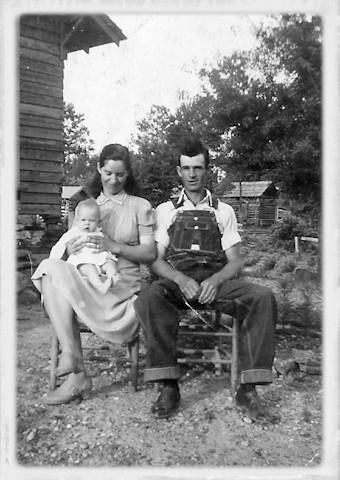
I recently visited friends who, like myself, have an adult male child living at home and a daughter studying abroad, moving forward with her life. In addition, my job often puts me in contact with many people my age who also have adult children, usually boys, struggling for traction while fighting for a toe-hold in today’s economy- and still living at home. Is this the “new normal?”
What has befallen of our sons?

A recent Wall Street Journal article highlighted the growing numbers of adult children, primarily young men, who are struggling to begin their adult lives, find meaningful work, and take on the responsibilities of marriage and fatherhood.
The life trajectories of America’s sons and daughters are diverging.
Presented with a more-equal playing field, young women are seizing the opportunities in front of them, while young men are floundering. The phenomenon has developed over the past decade, but was supercharged by the pandemic, which derailed careers, schooling and isolated friends and families.
There is no one underlying cause for the decline in young men entering the workforce. But several societal trends have combined to create a crisis of purpose, and to some extent, opportunity: In previous generations, traditional gender roles placed the man at the head of the household, tasked with providing the material means for the family’s survival. This has been the way of our race and culture for untold generations.

But with the incessant undermining of all things masculine—to the point where people cannot even define gender in congressional hearings—young men are now taught that they are not important and their contributions as males to their family and society are unnecessary or largely irrelevant.
The sense a lot of young men have is not being sure that they are needed or that they are going to be needed by their families, by their communities, by society,” says Richard Reeves, president of the American Institute for Boys and Men, a nonpartisan research organization.
Likewise, there has been a significant increase in women flooding the labor market in traditionally male-dominated industries, including construction, the military, and even entrepreneurship: in 2019 less than one-third of new businesses were started by women. Today that number is one-half.


The Scamdemic® also wrecked havoc with the younger male generation, upsetting scholastic momentum, athletic activity and team building, as well as career trajectories. It also cut off social networks. “Men rely more heavily on in-person activities to maintain social connections” (did you honestly think fishing or watching football is really all about fishing or football?). Says the article: “They’re not as able to talk about their feelings, so they are going to have fewer friendships with other men and suffer more psychologically…Young men are lonelier as a result.”
This has created a generation of young men who feel unneeded, inadequate, and lost. Sadly, they also feel increasingly suicidal: “The suicide rate for men ages 25 to 34 is up 30% between 2010 and 2023, according to Reeves’s analysis of the most recent Centers for Disease Control and Prevention data, the biggest increase among any age cohort. That is a departure from years past, when deaths in middle age outpaced other groups.”

The Lost Generation
The term “Lost Generation” can have a number of connotations, although it generally refers to the cohort of men who came of age in the early 20th century only to watch their world come apart during the First World War and its aftermath. They were described as “disoriented, wandering, and directionless.” This generation came to view the so-called American Dream as a fallacy: feeling they were grist for the mill; individually they were unimportant, and thanks to racial tensions, suffragette movements, and gender-role confusion they—as singular White men—were irrelevant.
One-hundred years later, we are seeing the same mental and spiritual angst assaulting our own sons.
Looking to the past for a better tomorrow
I have daughters too, and I want them to be happy and live fulfilling lives. I believe they should be subservient to no one. But I also want them to be comfortable in their womanhood and to be, if they choose, mothers fully committed to the well-being of their families. Likewise, I want my son to be a man, free to live as he chooses and happy in his life, taking pride in being a White male. In short, to accept and embrace the traditional gender roles our own society now condemns. Ironically, these are the very same roles that built our civilization and are the foundation of our heritage and culture.

As the American Nazi Party says:
We demand a strengthening of the family unit, as an indispensable cornerstone of a healthy Aryan society. Towards this goal, we further demand that Motherhood be elevated from the position of low esteem which it occupies today to a position where it is universally recognized as the noblest position to which any Aryan woman can aspire…we believe that the man, as head of the household, should be able to provide for his family without requiring his wife to abandon home and children in order to compete in the job market out of economic necessity.
In my opinion, that speaks to the heart of the matter precisely.
Amerika Erwache!


Leave a Reply